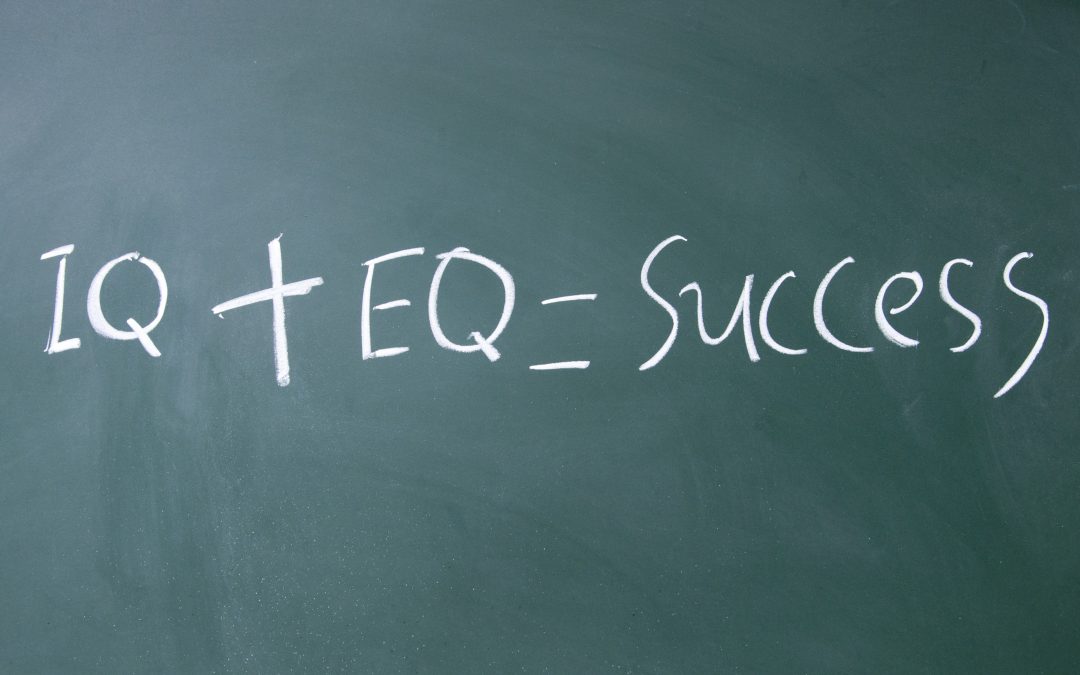What is Emotional Intelligence? It is a specific human intelligence that relates to one’s self-awareness with regard to his or her emotional state and ability to maintain self-control over emotional highs and lows. Moreover, it is also characterized by adjusting one’s emotional state in order to more empathetically respond to the attitudes and actions of others, so that a person creates the most harmonious and healthy outcome for all parties.
In other words, individuals who possess a high level of emotional intelligence are in complete control of their emotional state and are fully aware of how they affect the emotional state of others. They take full responsibility for how they influence the emotions of others and they help others to more effectively manage their own emotional highs and lows.
There is a direct correlation between a person’s level of emotional intelligence and the level of trust and respect that they are able to engender. It logically follows then, that a person with a very low emotional intelligence quotient will not be able to create a high degree of trust and respect in their relationships or compete with a person who has a high degree of emotional intelligence. Here are some ancient proverbs which discuss the wisdom of applying emotional intelligence:
- A fool is quick-tempered; a wise man stays cool when insulted.
- A patient man has great understanding, but a quick-tempered man displays folly.
- A short-tempered man must bear his own penalty; you can’t do much to help him. If you try once you must try a dozen times!
- Everyone should be quick to listen, slow to speak and slow to become angry.
Generally speaking, an organization’s top leadership team is chock-full of powerful personalities. Most or all members of a good leadership team have reached their position because they are confident, self-assured, and bold. And there is nothing wrong with that! But we all must be careful that the very boldness that brought us to our place at the leadership table doesn’t become a bludgeon that shuts other people down.
All of us who are in leadership must be aware of the power of our personalities. I have spent years working to develop a fearless and courageous spirit; I couldn’t get up on stage in front of thousands of people if my spirit was full of timidity and doubt. Moreover, I would have never been invited to train the U.S. Marines in lethal hand-to-hand combat at camp Lejeune in 2006 if I lacked confidence in my martial arts abilities. But when I am dealing one-on-one with my family, friends, clients, and purpose partners at People First International, I must take great care to present myself as a leader who wants to care and develop, rather than as an alpha-male who wants to control and dominate.
Each of us must develop an awareness about the power of our own personality so that we don’t throw the kill switch in someone else’s human spirit—which is easy to do! Some people (especially children) will absorb a single harsh word or phrase, which echoes in their minds and creates great emotional distress and even resentment. If you and I don’t develop self-awareness—if we lack emotional intelligence— we will build barriers between us and others rather than build bridges to others!

